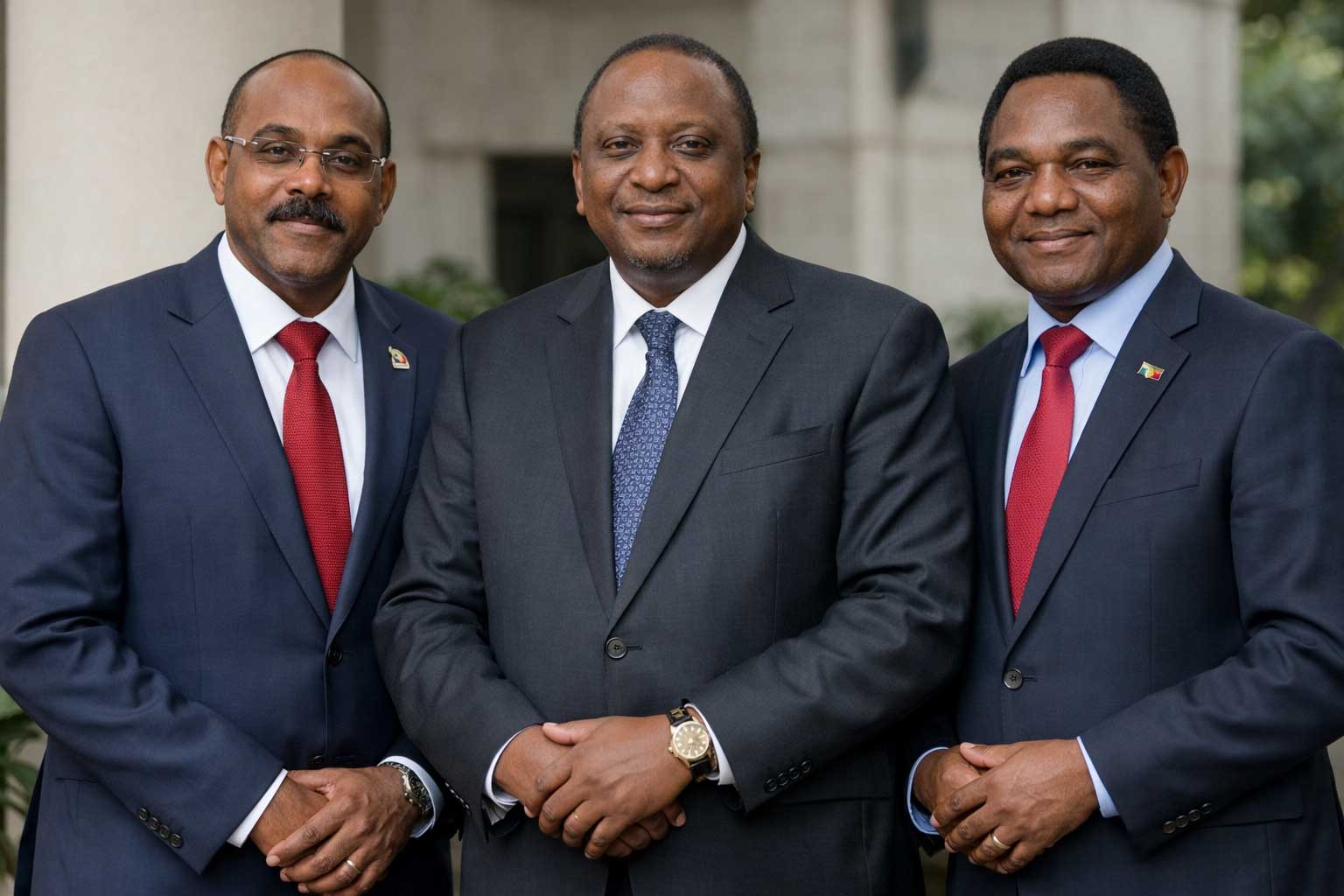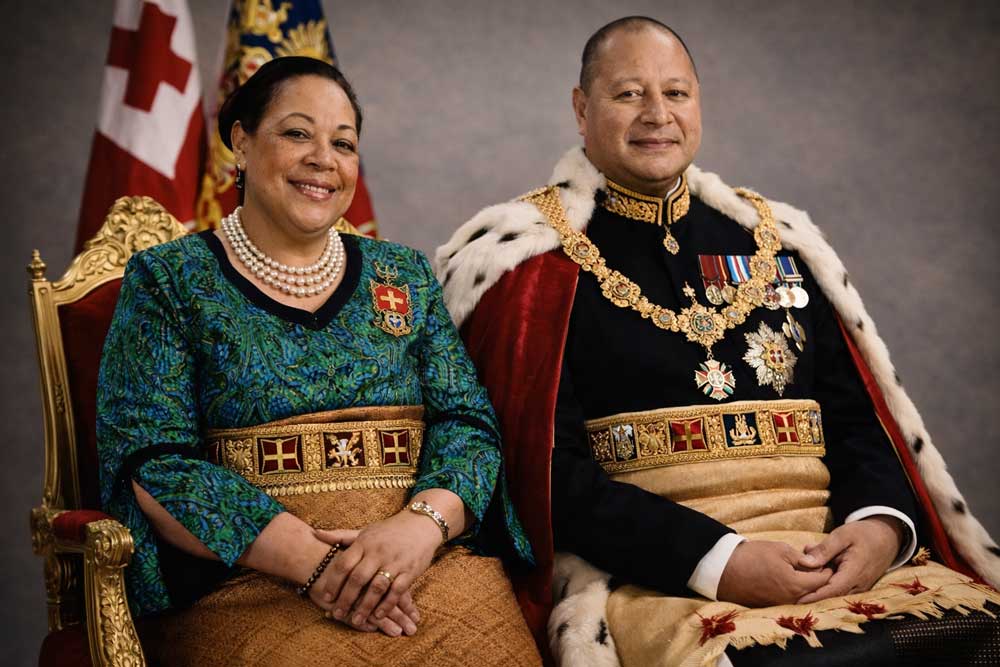Seven migrants deported from the US have arrived in Rwanda, the first of 250 expected to be taken in by the African state under a deal reached with President Donald Trump's administration. The first group of seven vetted migrants arrived in Rwanda in mid-August, Rwandan government spokesperson Yolande Makolo said. She gave no details about their nationalities, only explaining that four of them would remain in Rwanda, with three opting to return to their home countries.
Rights groups have warned that such deportations could breach international law if people are sent to countries where they risk torture or other abuses. Trump has focused on a sweeping mass deportation scheme to remove undocumented migrants from the US since starting his second term in January. So far, at least a dozen nations have agreed to accept deported migrants from other countries.
Regardless of their specific needs, all of these individuals will receive appropriate support and protection from the Rwandan government, Ms. Makolo told Rwanda's pro-government New Times news site. Those deported were being accommodated by an international organization and would be visited by the International Organization on Migration (IOM) and Rwandan social services, she added. Earlier this month, Ms. Makolo told the BBC that Rwanda was going ahead with the deal as nearly every Rwandan family has experienced the hardships of displacement.
Rwanda has a controversial history but maintains it can provide a safe place for migrants, despite criticism of its human rights record. Especially after the genocide in the mid-1990s, the government has sought to extend help to others in need of refuge. If this agreement proceeds as planned, it may reshape the conversations around international migration policies and humanitarian obligations.
Rights groups have warned that such deportations could breach international law if people are sent to countries where they risk torture or other abuses. Trump has focused on a sweeping mass deportation scheme to remove undocumented migrants from the US since starting his second term in January. So far, at least a dozen nations have agreed to accept deported migrants from other countries.
Regardless of their specific needs, all of these individuals will receive appropriate support and protection from the Rwandan government, Ms. Makolo told Rwanda's pro-government New Times news site. Those deported were being accommodated by an international organization and would be visited by the International Organization on Migration (IOM) and Rwandan social services, she added. Earlier this month, Ms. Makolo told the BBC that Rwanda was going ahead with the deal as nearly every Rwandan family has experienced the hardships of displacement.
Rwanda has a controversial history but maintains it can provide a safe place for migrants, despite criticism of its human rights record. Especially after the genocide in the mid-1990s, the government has sought to extend help to others in need of refuge. If this agreement proceeds as planned, it may reshape the conversations around international migration policies and humanitarian obligations.





















